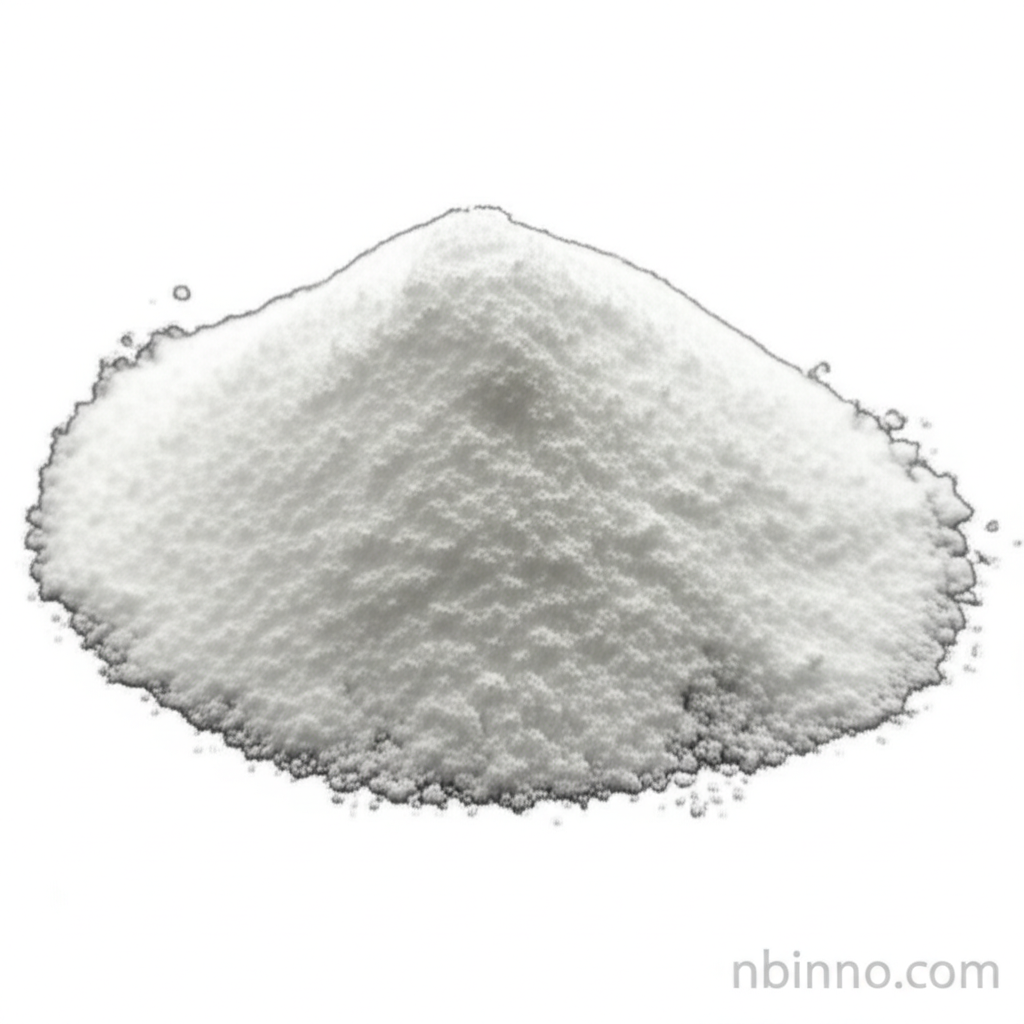High Purity 4-Vinylphenylboronic Acid CAS: 2156-04-9: Synthesis, Properties, and Applications in Polymer Chemistry and Organic Synthesis
Discover the essential properties and diverse applications of 4-Vinylphenylboronic Acid (CAS: 2156-04-9), a crucial intermediate for advanced organic synthesis and polymer development. Learn why sourcing from a reliable manufacturer in China ensures quality and efficiency for your B2B needs.
Get a Quote & SampleYour Trusted Supplier for High-Quality 4-Vinylphenylboronic Acid

4-Vinylphenylboronic Acid (CAS: 2156-04-9)
As a leading manufacturer and supplier in China, NINGBO INNO PHARMCHEM CO.,LTD. offers high-purity 4-Vinylphenylboronic Acid (CAS: 2156-04-9) crucial for sophisticated chemical processes. We ensure product integrity and reliable supply chains, making us your ideal partner for critical intermediates. We understand the importance of consistent quality for your production and research needs.
- High Purity & Quality Assurance: Guaranteed 99% min purity for demanding applications.
- Versatile Chemical Intermediate: Essential for advanced organic synthesis and polymer chemistry applications.
- Reliable Supply Chain: Benefit from consistent availability and timely delivery from our China-based operations.
- Competitive Pricing and Availability: Inquire for the best price to buy this key chemical building block.
Key Advantages of Sourcing 4-Vinylphenylboronic Acid
Broad Application Spectrum
This compound is a vital building block, frequently used in Suzuki coupling reactions and the synthesis of complex organic molecules, including pharmaceuticals and agrochemicals. Its utility extends to creating functionalized polymers for advanced materials.
Superior Chemical Reactivity
The presence of both a boronic acid group and a vinyl moiety makes it highly reactive and adaptable. This makes it ideal for constructing styrene-based organoboron polymers and as a precursor for specialized dyes, enhancing material properties.
Commitment to Quality & Service
We are dedicated to providing exceptional quality and service. As your trusted supplier, we offer detailed product specifications, safety data sheets, and responsive customer support to facilitate your procurement process.
Key Applications of 4-Vinylphenylboronic Acid
Organic Synthesis
As a primary reagent for Suzuki coupling reactions, it enables the efficient synthesis of complex aryl compounds, vital for the pharmaceutical and agrochemical industries. Looking to purchase this for your synthesis needs?
Polymer Chemistry
This intermediate is crucial for developing styrene-based organoboron polymers, offering unique properties for advanced materials. Explore how to integrate it into your polymer formulations by contacting us for a quote.
Agrochemical Intermediates
Its role as a precursor in agrochemical synthesis highlights its importance in developing new crop protection solutions. Discuss your specific requirements with our sales team to ensure you get the right material.
Biosensor Development
The compound's ability to form stable complexes with diols makes it valuable in creating sensitive biosensors for detecting biomolecules, contributing to advancements in diagnostics.
